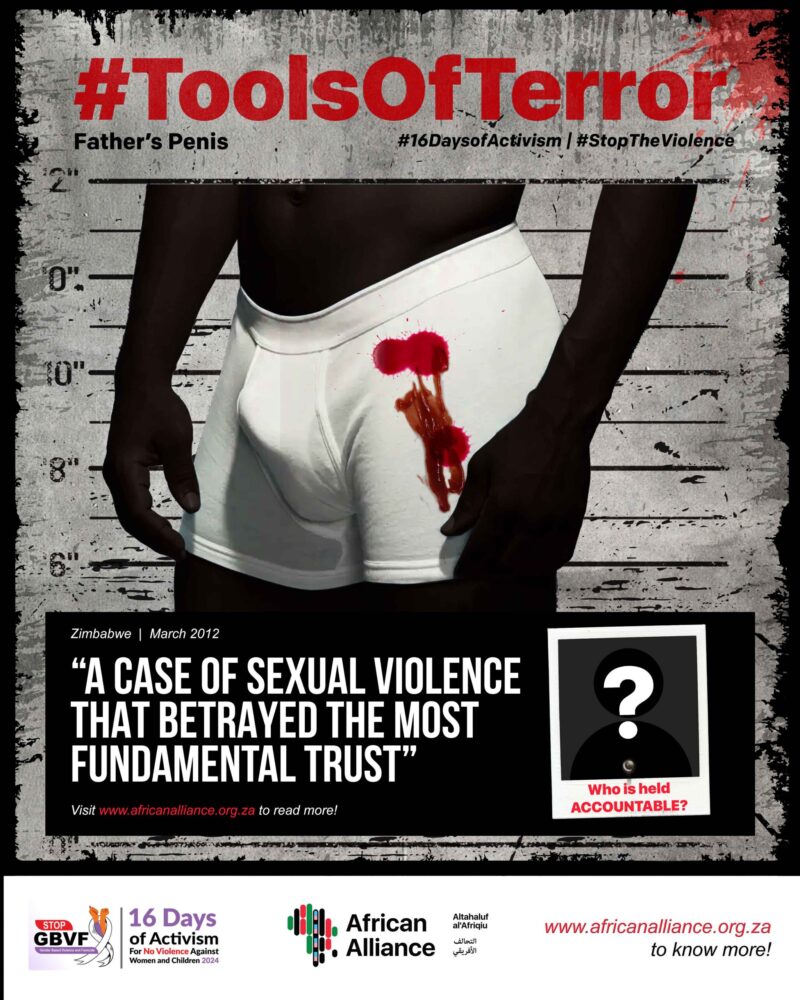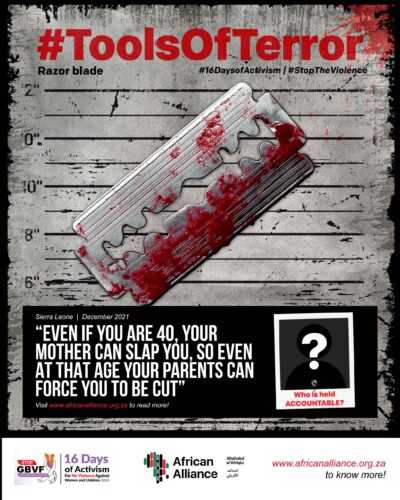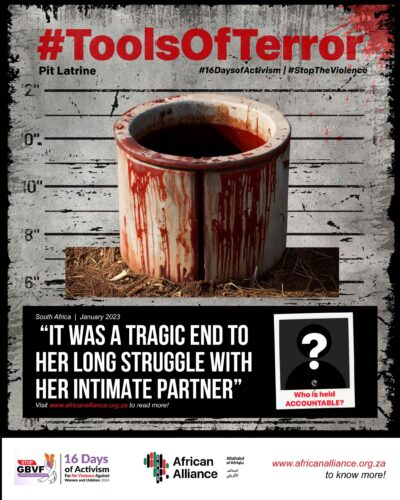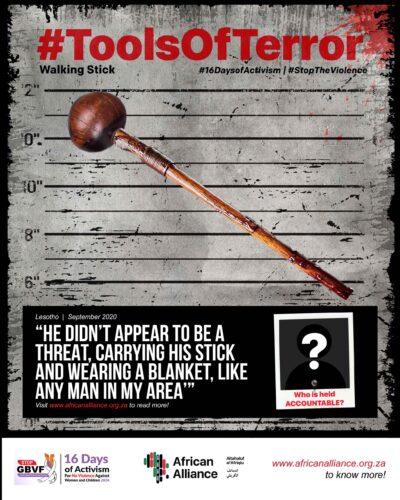
The Incident
In 2012, Zimbabwe was shaken by a case of sexual violence that betrayed the most fundamental trust. A 43-year-old father was brought to court for having raped four daughters under the age of seven – including four-year-old twins.
The Legal Response
The perpetrator was sentenced to a total of 100 years in prison, with 20 years for each count. After concurrent sentencing and time off were taken into account, the effective sentence amounted to 40 years, marking a significant assertion of justice.
The Wider Context
Despite comprehensive legal frameworks aimed at preventing sexual violence, challenges in implementation persist. These include insufficient resources, inconsistencies in policies, and gendered inequalities. The case also highlights the pivotal role caregivers, particularly women, play in reporting such violence.
Systemic Challenges
Survivors of sexual abuse in Zimbabwe often encounter a lack of sensitivity and support within the police and justice systems. Survivors, in a state of emotional distress, are frequently subjected to public reporting at police stations and insensitive questioning. This lack of privacy and understanding further traumatises them, undermining their confidence in the system meant to provide justice.
In courtrooms, the insensitivity often continues. Public prosecutors, who should technically represent the survivors, sometimes pose questions that further distress and devalue the survivors’ experiences. Such practices contribute to a feeling of being unrepresented and unheard, intensifying the trauma.
The Survivors
While justice was served in this case, the four childrens’ lives remained forever changed. The case took three years to complete – adding significant stress to the family while trying to recover from this trauma.
In this, they symbolise the larger issue of child sexual abuse within families and the societal and systemic failures to protect and support them. Their story is not just one of individual abuse but also of a system struggling to adequately respond to such crimes. Despite improvements in legislation, Zimbabwe needs actionable policy frameworks, and direct support for caregivers in their fight against gender-based violence.



